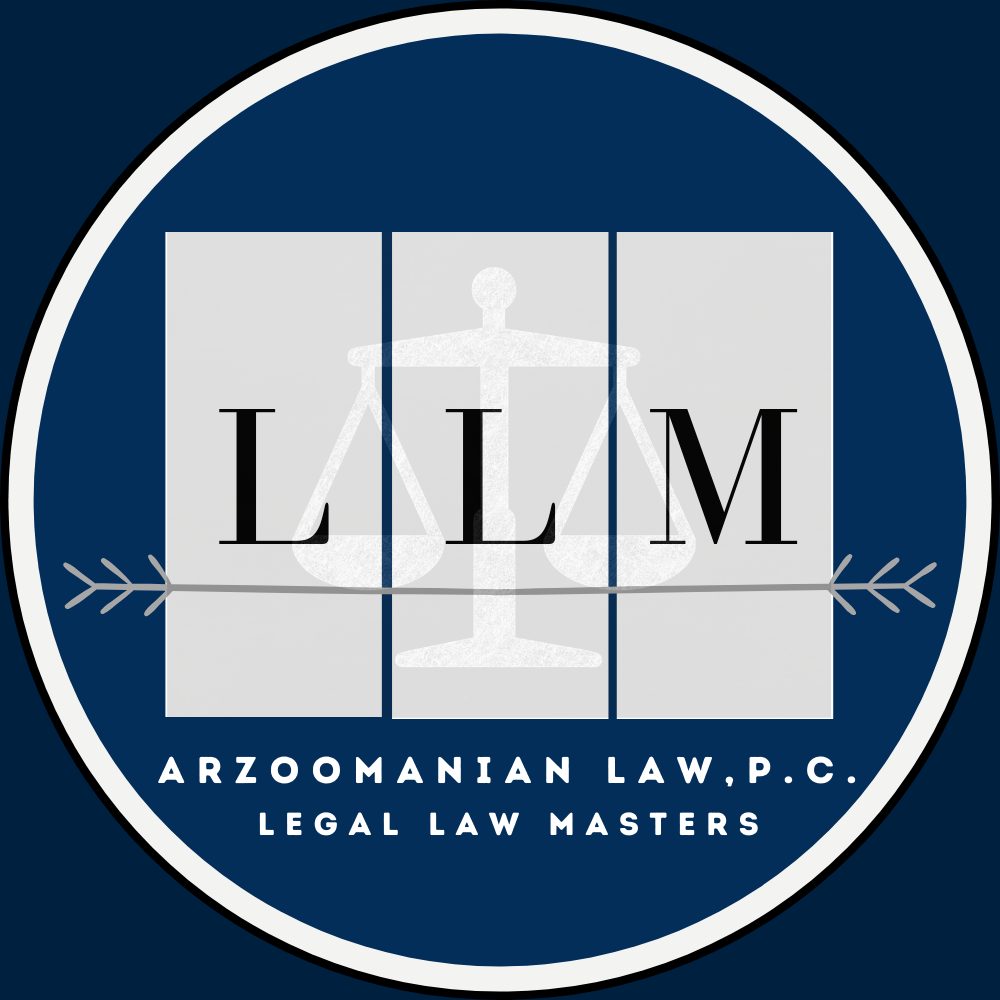
Uninhabitable living conditions
All Tenants Deserve a Safe Home!
Call us for a Free Case Evaluation
818-722-8115
At Arzoomanian Law, we believe everyone has the right to a safe and habitable space. If your rental is unsafe or uninhabitable, we’re here to help you take action.
No Up-Front Costs!
There are NO up-front costs or out-of-pocket expenses for our clients—we get paid once we get you a recovery.
What Makes a Rental Unit Habitable?
In general, a rental unit must have all of the following to be habitable:
Functioning toilet, sink, and bathtub or shower in a vented room that allows privacy
Windows in each room that open at least halfway for ventilation or contain a fan for ventilation
Safe and secure doors and windows in working order
Issues That May Make a Rental Unit Uninhabitable
Water supply not producing hot and cold running water
Injuries resulting from the landlord’s failure to repair the property
Inadequate plumbing and heating
Cockroaches, rats, or rodents
Bed bugs
water leaks
Safe and Secure doors and windows in working order
Landlord - Tenant Rights
Landlord-tenant rights play a crucial role when it comes to uninhabitable living conditions. Under the implied warranty of habitability, landlords are legally required to ensure that rental properties are safe and livable. If a rental unit falls into disrepair and presents health or safety hazards, such as structural damage, pest infestations, or a lack of essential utilities like heat or running water, the property may be deemed uninhabitable. In these cases, tenants have the right to request repairs, or even terminate the lease without penalty if the landlord fails to address the issues. Landlord-tenant laws provide tenants with protection from living in unsafe conditions and hold landlords accountable for maintaining basic standards of habitability.
Can I sue my landlord for uninhabitable living conditions ?
Yes, tenants can sue a landlord for uninhabitable living conditions if the landlord fails to maintain the rental property in a habitable condition as required by law. This can happen when the property has severe issues such as structural damage, pest infestations, lack of essential utilities, or health hazards like mold or toxic substances, and the landlord either refuses or neglects to address these problems.
Tenants may sue the landlord for:
Breach of the Implied Warranty of Habitability: Tenants are entitled to a safe and habitable property. If the landlord does not fulfill this obligation, the tenant can take legal action.
Damages: The tenant can seek compensation for damages, including medical bills (if they experienced health issues due to the living conditions), property damage, or expenses related to finding alternative housing.
Rent Reduction or Reimbursement: Tenants may sue for rent abatement (a reduction in rent) or reimbursement of rent paid during the period when the property was uninhabitable.
Injunctive Relief: The tenant may request a court order compelling the landlord to make necessary repairs or address the issues.
Before suing, tenants are usually required to notify the landlord of the issues and give them a reasonable amount of time to fix them. If the landlord fails to do so, legal action may follow.
If you believe you have a case, we are here to help.
Talk to someone in seconds to get your free case evaluation.
Share your experience to have one of our representatives call you.
Contact us at
818-722-8815
or fill out the form below!





